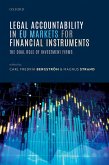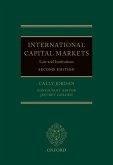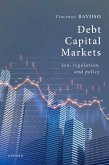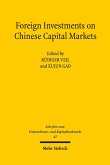The global economy is yet to recover from the aftershocks of the Global Financial Crisis (GFC). In particular many national economies are struggling to adjust to austerity programs that are a direct result of the toxic effects of the crisis. Governments, regulatory agencies, international organisations, media commentators, finance industry organisations and professionals, academics and affected citizens have offered partial explanations for what has occurred. Some of these actors have sought to introduce legislative and other regulatory initiatives to improve operational standards in capital markets. However, the exposure post-GFC of the scandal surrounding the manipulation over many years of the London Interbank Offered Rate (LIBOR) highlighted that the most important obstacles to counter the destructive potential of our global finance system are normative not technical. Regulating the culture of the finance sector is one of the greatest challenges facing contemporary society.
This edited volume brings together leading professionals, regulators and academics with knowledge of how cultural forces shape integrity, risk and accountability in capital markets. The book will be of benefit not only to industry, regulatory and academic communities whose focus is upon financial markets and professionals. It is of value to any person or organisation interested in how the cultural underpinnings of the finance sector shape how capital markets actually operate and are regulated. It is a stark lesson of history that financial crises will occur. As national economies become ever more inter-connected and inter-dependent under conditions of global financial capitalism, it becomes ever more important to know how cultural and other normative forces might be adjusted to militate against the effects of future disasters.
This edited volume brings together leading professionals, regulators and academics with knowledge of how cultural forces shape integrity, risk and accountability in capital markets. The book will be of benefit not only to industry, regulatory and academic communities whose focus is upon financial markets and professionals. It is of value to any person or organisation interested in how the cultural underpinnings of the finance sector shape how capital markets actually operate and are regulated. It is a stark lesson of history that financial crises will occur. As national economies become ever more inter-connected and inter-dependent under conditions of global financial capitalism, it becomes ever more important to know how cultural and other normative forces might be adjusted to militate against the effects of future disasters.









